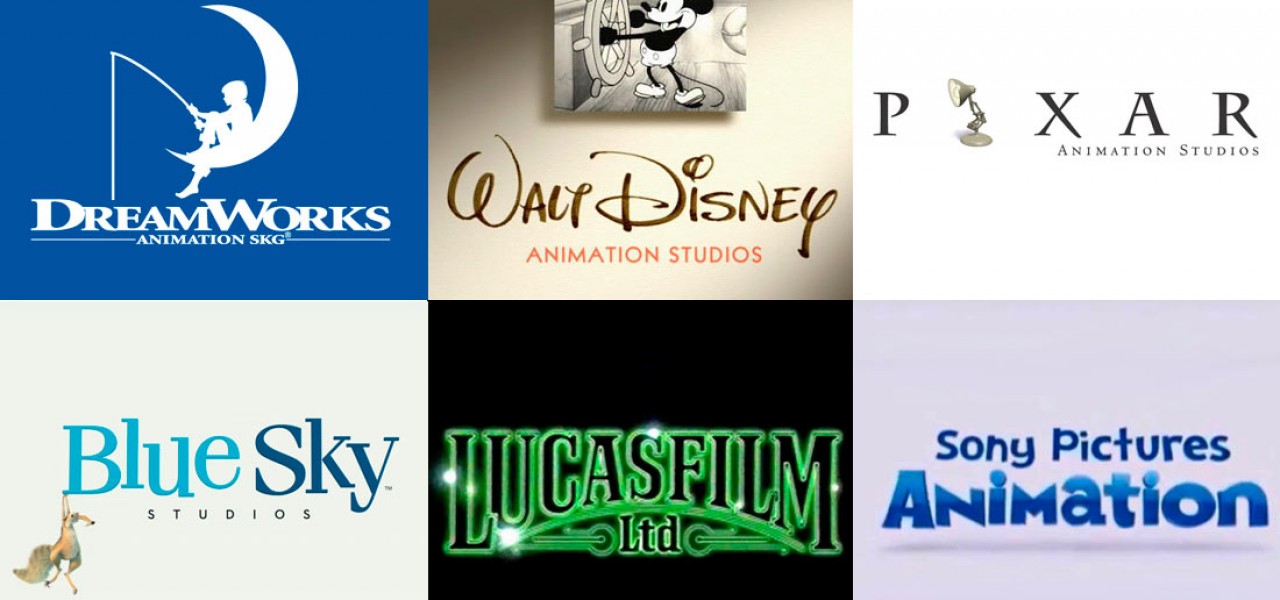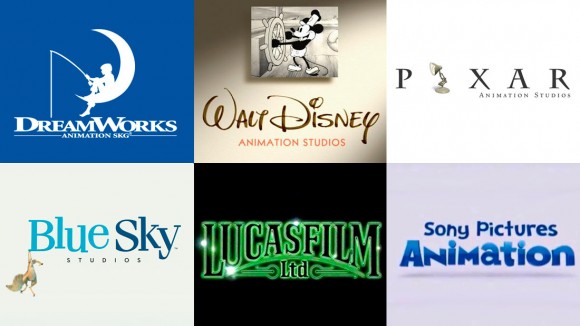

Op-Ed: Why I Filed The Wage-Theft Lawsuit Against Major Animation Studios
Georgia Cano is one of the three industry artists that was a lead plaintiff in the Animation Workers Antitrust Litigation, a class action lawsuit in which American feature animation industry workers successfully argued that major studios had conspired to restrict competition, fixed compensation ranges of their employees, and made backroom deals to avoid soliciting each other’s employees, in violation of federal antitrust law and the California Business and Professions Code.
In this op-ed, Cano is speaking publicly for the first time about why she became involved in the lawsuit and the effect that it has had on her professional and personal life. Cartoon Brew presents her commentary below:

Having started my career on the ground floor of the computer animation and visual effects industries in the mid-1980s, I’ve always had an immense appreciation for the extremely talented and very hard working technical and creative individuals who create never-before-seen imagery for the likes of Star Wars, Jurassic Park, Toy Story, Shrek, Polar Express, Avatar, and so on. My admiration for my peers made it hard to stomach the news that we had been taken advantage of financially for decades.
In Sept 2014, two other artists and I became the named plaintiffs in a class action lawsuit claiming that Disney, Sony, and six other Hollywood studios violated antitrust laws by conspiring to suppress the wages of animation workers and agreeing to not “poach” or raid each others employees. The suit covered from 2004-2010. The Animation Workers Antitrust Litigation resulted in a $168.9 million settlement which has recently been paid out to approximately 10,043 workers.
This class action was inspired by the 2010 High-Tech Employee Antitrust Litigation Settlement which alleged that Adobe, Apple, Google, Intel, Intuit, Lucasfilm, and Pixar secretly agreed not to hire or poach software engineers from each others’ businesses in a conspiracy that led to keeping salaries artificially low, which is in violation of federal and state antitrust laws.
Three important players, common to both the Animation Workers and High-Tech Employee suits, are Ed Catmull, George Lucas, and Steve Jobs.
In email produced during Mr. Catmull’s deposition in the matter of the High Tech Antitrust suit, he noted that Disney had a “serious problem brewing” because “… Zemeckis is setting up in San Rafael [and] has hired several people away from Dreamworks at a substantial salary increase …”
Mr. Catmull added, “I know that Zemeckis’ company will not target Pixar, however, by offering higher salaries to grow at the rate they desire, people will hear about it and leave. We have avoided wars up in Norther[n] California because all of the companies up here – Pixar, ILM [Lucasfilm], Dreamworks, and couple of smaller places – have conscientiously avoided raiding each other. At the very least, I would like the kind of relationship that Pixar has with Disney in that people cannot be considered to move back and forth. However, even raiding other studios has very bad long term consequences”.
Should those of us who have received these unexpected back wages, which compensated us for the harmful effects of the defendants’ no-poach scheme, just go on our merry way? No. There are principles at stake. A fair capitalism compensates commensurately and proportionately to one’s talents, not a job description. The skills required to be a good animator makes this a high value job. Furthermore competition among employers helps employees through higher wages, better benefits, or other terms of employment.
Due to the insidious and illegal control the studios’ wielded, our worth as professional individuals was being handcuffed. We are often employed for a single project and thus need to switch jobs often. We are also employed in a small industry with a small number of employers, therefore it is plain to see that the studios made it extremely difficult for an individual to be completely free in their life choices.
My decision to pursue this litigation was a difficult one. I had reasonable fear of workplace retaliation due to my lack of anonymity. Throughout this process, I understood why many advised me against taking on industry giants. Feeling the toll that it has taken on my family and me, and the continuing likelihood that I may never again work in the industry, I still do not regret my decision. The resulting benefits for all members of the class have been more than satisfying.
The legal firm that I worked with, Susman Godfrey LLP and specifically my lawyers, Matthew R. Berry and Jordan Talge were determined to bring my issues to light. They were more patient, available, and supportive than I ever could have imagined throughout the four-year process. Without their vigorous pursuit of evidence, we likely would never have been aware of the wage-suppressing conspiracy that affected thousands of us!
I’d like to dispel any concerns that the lawyers and named plaintiffs made a lot of easy money on the backs of the victims. The Judge decided what percentages were awarded. In this case the attorneys’ fees is roughly 11%. My portion is approximately .064%.
The remaining awards for the members of the class average about $13,612 per person. While the award didn’t fully compensate for what happened, the settlement shines a light on the past. I hope that it ushers in a new era of fair treatment and compensation for workers in all industries and that these companies will begin to act with more transparency and respect for their employees.
